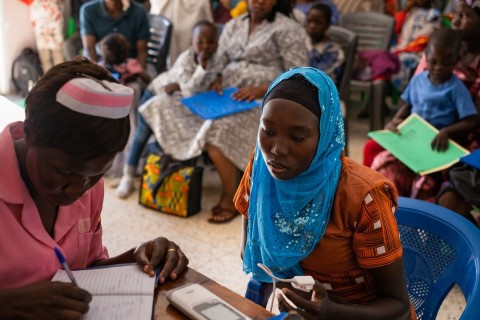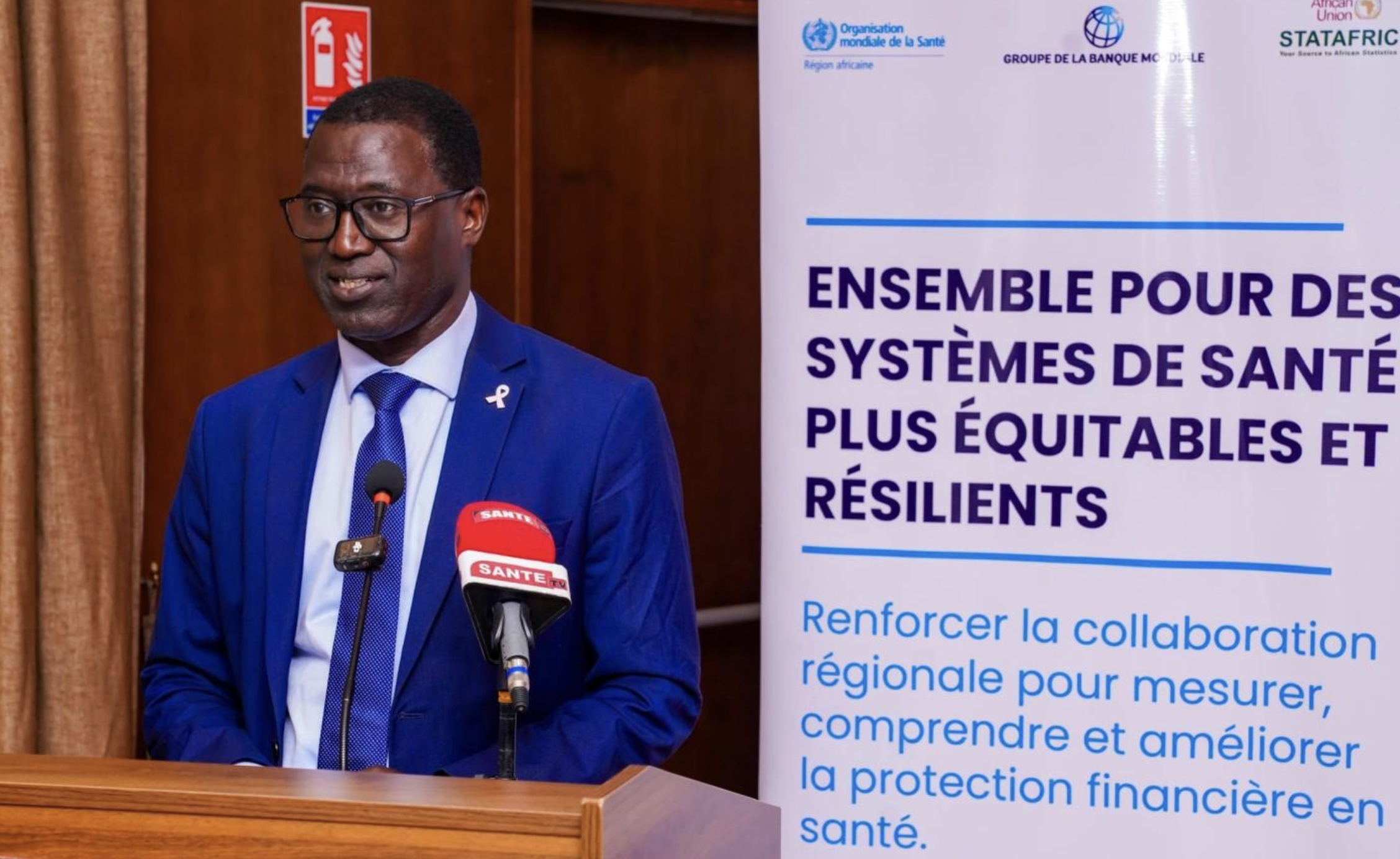Botswana has launched a comprehensive health financing study to track healthcare and HIV and AIDS funding and improve resource allocation and policy planning amid declining international donor support. The findings are expected to guide sustainable financing strategies, helping the country maintain critical health services and progress toward UHC.
Botswana has launched an in-depth health financing study to monitor healthcare and HIV and AIDS funding, aiming to improve how resources are allocated and policies are planned. The study, named the Harmonised System of Health Accounts and National AIDS Spending Assessment, is being carried out by the Ministry of Health and the National AIDS and Health Promotion Agency (NAHPA) in partnership with the World Health Organisation (WHO) and UNAIDS. Running from June to August 2025, this initiative is designed to provide a clear picture of how health and HIV and AIDS resources are mobilised, allocated, and spent across all sectors, including government, private, and development partners.
This effort comes at a critical time for Botswana, which has one of the world’s highest HIV prevalence rates, with about 21 percent of adults living with the virus. While the country has made significant progress in reducing new HIV infections and improving treatment, the financial burden of maintaining HIV and AIDS programmes remains high, particularly as international donor funding declines. The study is expected to generate evidence that will support more effective policy decisions, improve budget planning, and help Botswana advance its National Strategy Framework for HIV and AIDS as well as its goal of achieving universal health coverage.
To ensure comprehensive data collection and robust policy recommendations, the study will engage a wide range of stakeholders, including government officials, development partners, NGOs, private sector representatives, and medical aid schemes. Authorities hope the findings will guide the development of sustainable health financing strategies, helping Botswana maintain essential health services and its HIV and AIDS response despite changing global funding dynamics. Ultimately, this study represents Botswana’s commitment to securing the future of its health system by ensuring resources are used efficiently and critical public health gains are preserved.




